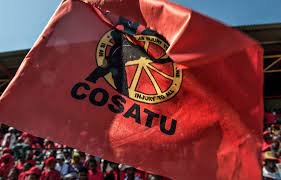How did the Congress of South African Trade Union Challenge the Apartheid Regime in the 1980s
Skip to content
Skip to footer
How did the Congress of South African Trade Union Challenge the Apartheid Regime in the 1980s
How did the Congress of South African Trade Union Challenge the Apartheid Regime in the 1980s

